The last stop on our World Tour for Sharks was Thailand. Again we were working alongside Projects Abroad and from their site near Ao Nang we had easy access to diving, beaches and the nearby town of Krabi for school work and Mangrove projects.
We’ve explained the importance of Mangroves in a previous blog. Interestingly, unlike Fiji, planting Mangrove seedlings has not resulted in much success in Thailand so the techniques here have been adapted to function more as an aide to mother nature. There are thousands of abandoned shrimp farms around Thailand and these are ideal sites for Mangrove reforestation. Unfortunately, not many of the owners are keen to give back their watery plot to the mangroves (which used to cover these areas) at this time. The few that have so far been offered have met the most success where workers have cleaned the plot and improved the hydrology – ensuring tidal waters can move freely in and out of the area. This process naturally carries in mangrove seeds which self-plant, and these trees are far more successful than when planting by hand.
Projects Abroad are working with Mangrove Action Project in this region to spread awareness to the locals on the importance of Mangroves for local environmental health. The initial plots given over to reforestation will hopefully become focal points for demonstrating first-hand the benefits that Mangroves provide. While we don’t have any photos from this work, Friends for Sharks were helping while a team of two were collecting footage for a short informational film about the project and its plans. This is due to be completed in March and we’ll be keeping an eye out for its release to share with you all.
Beach cleans are of course another common activity for a conservation group and it’s incredible just how much rubbish can accumulate in a short time in some areas. Due to the high tourism in Ao Nang especially a great deal of trash accumulates on some shores and it’s a combination of lazy tourists and local boat operators. While not much can be done about educating the tourists on site (though some bins and trash collection infrastructure would be a good move), the amount thrown away by the locals is more of a concern. These people rely on the beautiful environment to attract tourists and they’re stifling that income by behaving in the way they do. Again though, education is tough at this level, especially when all it takes is a few who don’t bother to cause the rest to think ‘Well why should I put in this effort if it’s going to be ruined by others?’
Some of you may be thinking ‘Go for the long term goals, catch them young, educate them early so they grow up with environmental awareness!’ and of course that is another facet of the work done by Projects Abroad.
We attended a school in Krabi where the other volunteers filled half of the morning with information on the ocean environment (including a brilliant explanation of food webs and the importance of balance which made our work to describe the importance of sharks easier!). They also set up an educational game with pictures of sea life and pieces of rubbish on a blue tarp (the ocean), getting the kids to discuss what should and shouldn’t be there and which of the items that shouldn’t are recyclable.
Of course a highlight of working in the area is the access to diving. Dive surveys are conducted 3 days a week, some local, and some around the island of Phi Phi. Nudibranchs abound (I recorded 8 species in one dive!) and some coral areas are stunning. These waters were hit hard a few years ago by a strong El Nino but I shall focus the last blog on the diving!
But here’s a short taster!

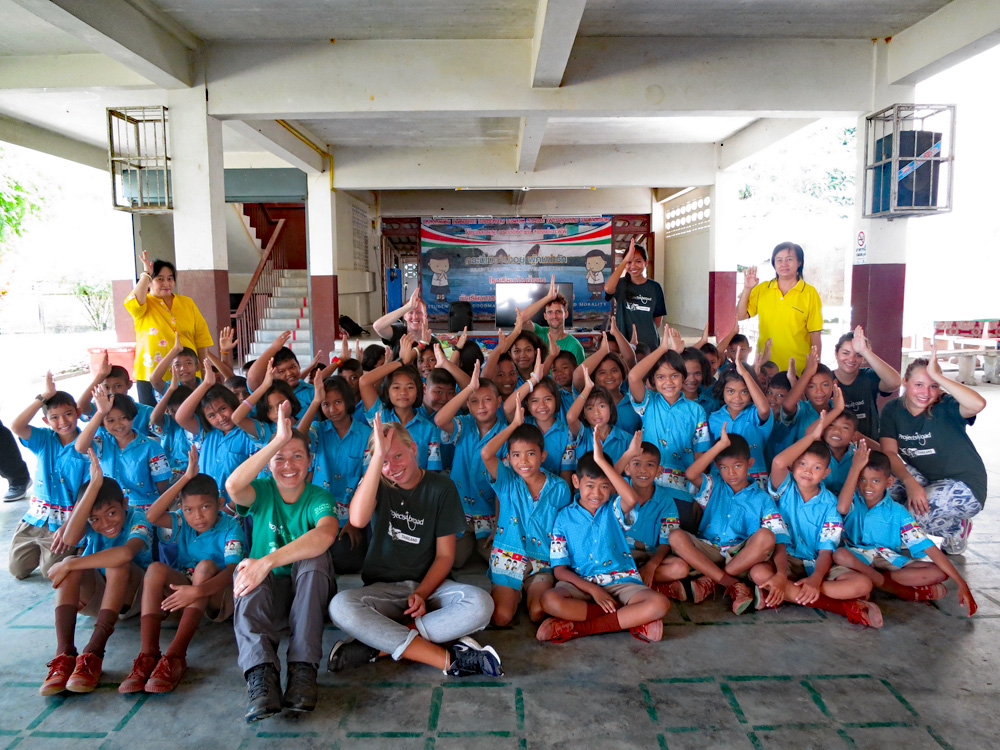
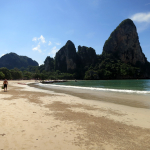
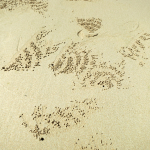
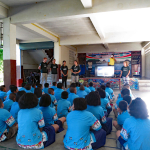
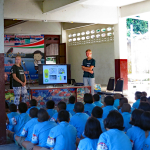
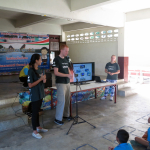
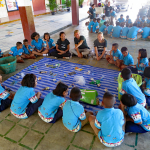
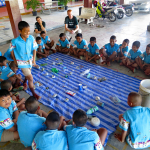
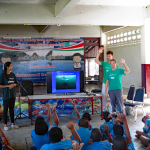
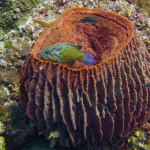
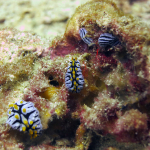
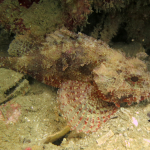
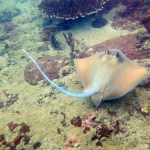
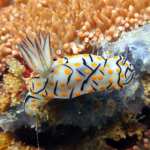
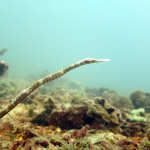
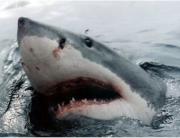
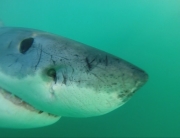
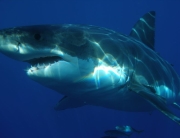
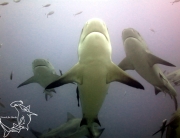
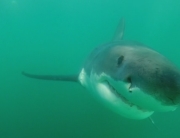










Follow Us